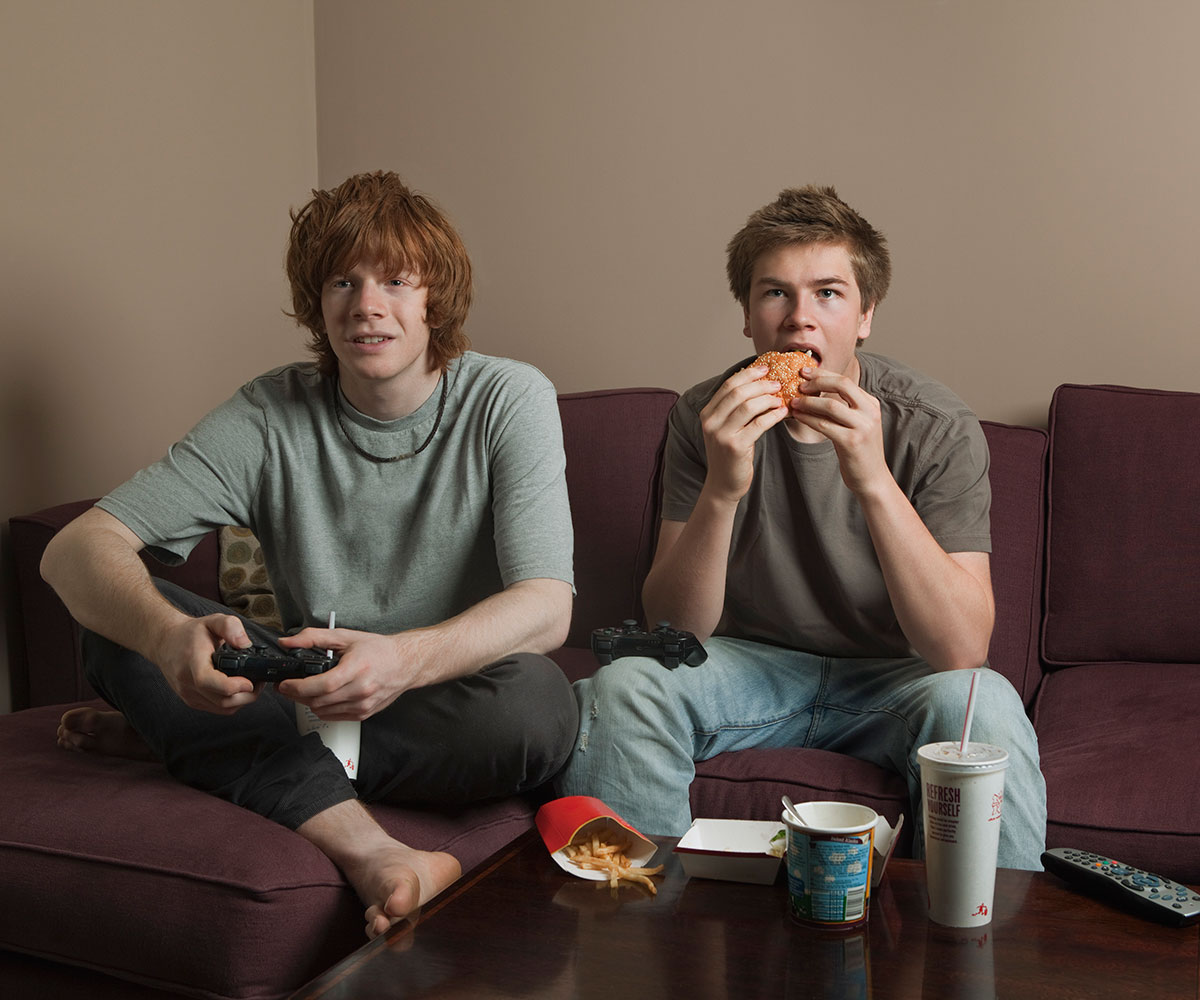The teenage years can be challenging for parents. They’re a time when we often reach out for advice, but according to one Kiwi teen we’ve been asking all the wrong people.
Eighteen-year-old Sarah Martin from Auckland says she’s noticed how many parenting advice books are out there for parents “but how many of these are written from the perspective of a teenager?
“I often find my mum reading things but I never feel like the truth and best advice is always captured,” she says.
Sarah Martin is a Year 13 prefect from Carmel College in Auckland. She plays netball, loves hanging out with her friends and rates her relationship with her mum as good. But she says she’s had to coach her mum on how to parent her best – “because everyone just does what everyone’s always done, don’t they?”
While she’s not discounting parenting experts, she feels parents would be better served just listening more to what their teens have to say.
Generally speaking teens do accept boundaries and rules, she says. Teens care what their parents think and want to be trusted to make good decisions – and not crucified when they make bad ones, she adds.
Sarah has offered to talk about some of the common challenges that teenagers and their parents face, to help parents understand a teenager’s perspective better and figure out how to best guide their own teen.
As a mum of two teens myself, I was interested to hear what she had to say.
Why are you always online? I asked her. How do we get you offline? Why are teens so rude to their parents when they actually share quite a good relationship? How do you encourage your teen to delay having sex? How do you prevent them from abusing alcohol and drugs? What sort of parenting do teens respond to best?
Sarah handled my questions beautifully.

Sarah Martin believes parents need to listen to their teenagers more.
To achieve parenting success in any of these areas, you need to nurture a good relationship with your teen, she says simply.
Parents that are strict and overbearing “push their kids away”, she says. And parents who try to be “down with the kids” lose their teen’s respect because they don’t need a 45-year-old best friend to drink with. They need a parent.
It’s about being both a friend and a parent to your teen, and knowing which hat to wear when, she explains.
Well, no one said it was going to be easy.
Sarah also points out that while teens may not always agree with the boundaries their parents set, at least, with them, everyone knows where they stand.
Teens get a sense of where you sit on different issues just in the way you talk about things that are happening around you. It’s in these everyday conversations where you’re not talking specifically about your teen that boundaries and expectations can be discussed and views shared.
“We’re much more likely to listen and take in what you’ve said if things are calm,” Sarah says.
“Also teens aren’t always going to talk to you about what they’re thinking about doing, so it’s having that established relationship so you know the expectations in the first place.”
One of the biggest mistakes parents make is not listening, Sarah believes.
“Listening is a big thing. When parents don’t listen to what you’re saying, they just disregard it because you’re the child, they’re using [their] age as a weapon instead of a tool to help and find common ground.
“With my relationship with my mum, when she listens to how I feel and takes my perspective into consideration we’ve developed a better relationship.”
Parents can also talk too much, she says.
“If I’ve done something wrong I know I’m wrong, and having a parent constantly go on at you about how you’re wrong – it just makes the situation worse. I’m not going to listen, I’m hearing pretty much nothing of what you’re saying.”
Here I have a flashback to a common scenario at home. “Yeah we get it,” my teens say before dismissing me with a roll of the eyes.

Teenagers, social media, self esteem and where their friends fit in
The amount of time teens spend on social media is probably one of the biggest headaches for parents today.
“Social media is just such a massively important factor in our lives because it’s just what we all do,” Sarah agrees. “It’s something that’s hard to stop because if all your friends are doing it and then your parents are telling you to stop you can’t understand why.”
Parents don’t put enough effort into understanding why their kids are online, she says. You might think they’re developing an addiction to gaming or pornography when, in fact, they might be just catching up on episodes of Heartbreak Island or watching videos on how to make pizza.
“When you understand why they’re on social media and what they’re doing, then you can think about ‘what can we do that social media is doing? What can we encourage our child to do that is outside of social media?”
But don’t think for a moment that teens aren’t aware of how destructive social media can also be.
“Social media is such a big confidence decimator. Knowing your self worth and knowing you deserve a certain amount of credit is just so hard for teenagers,” says Sarah.
But the internet can offer teens solace, too, she says, in ways that most parents don’t really consider.
“You can find other people on the internet that have the same perspective as you. Even if they’re in a country miles away from you or a town miles away from you. You can still talk to others, and sharing experiences is such a powerful tool because then you can start to feel more comfortable with what you’re doing and how you’re facing situations.”
Despite most teens hanging out in big friend groups, within those groups they can feel lonely and displaced, Sarah explains.
“Like you’re in your group and you sit in your group at lunchtime and you hang out with your group, but you might not feel comfortable and safe in your group.”
When you don’t feel comfortable that’s when you’re most likely to do things you don’t want to do, Sarah says.
The problem is that leaving your group to join another can be dangerous. If your current group suspects ‘disloyalty’ they’ll freeze you out, and the group you’d like to join might not let you in. Some kids stay in a group they don’t feel supported in out of fear of having no group at all, Sarah says.

How to influence your teenager to make good decisions around intimacy, drugs and alcohol
If you think back to what you were doing when you were their age, you might feel terrified. Or you might feel comforted in knowing that you were actually reasonably sensible, despite what other kids were doing around you.
Just educate your teen, Sarah advises simply. The more they know, the more informed their decisions will be. Share your own experiences with them too, she says. Not too much detail. Top line is fine. But it helps them to shape their own ideas and standing on these issues.

In the end, teens want the same things as us, Sarah says – a family that loves and supports them, good friends, and having time to do the things they love.
They’ll make mistakes, but then don’t parents too?
“I think it’s just learning for everyone and moving forward from the mistakes. Just knowing that’s going to happen and dealing with it rather than reacting too much.”
Oh, and when they’re rude to you for no apparent reason. “Just ignore us,” Sarah laughs. “We’re probably just having a bad day. Don’t take it personally!”
Ask Sarah!
We believe Sarah is a pretty sensible teenager who has some insightful suggestions that could help parents. If you’re grappling with any issues with your teen and would like to get another impartial teenager’s perspective, email your question to Sarah at [email protected]


